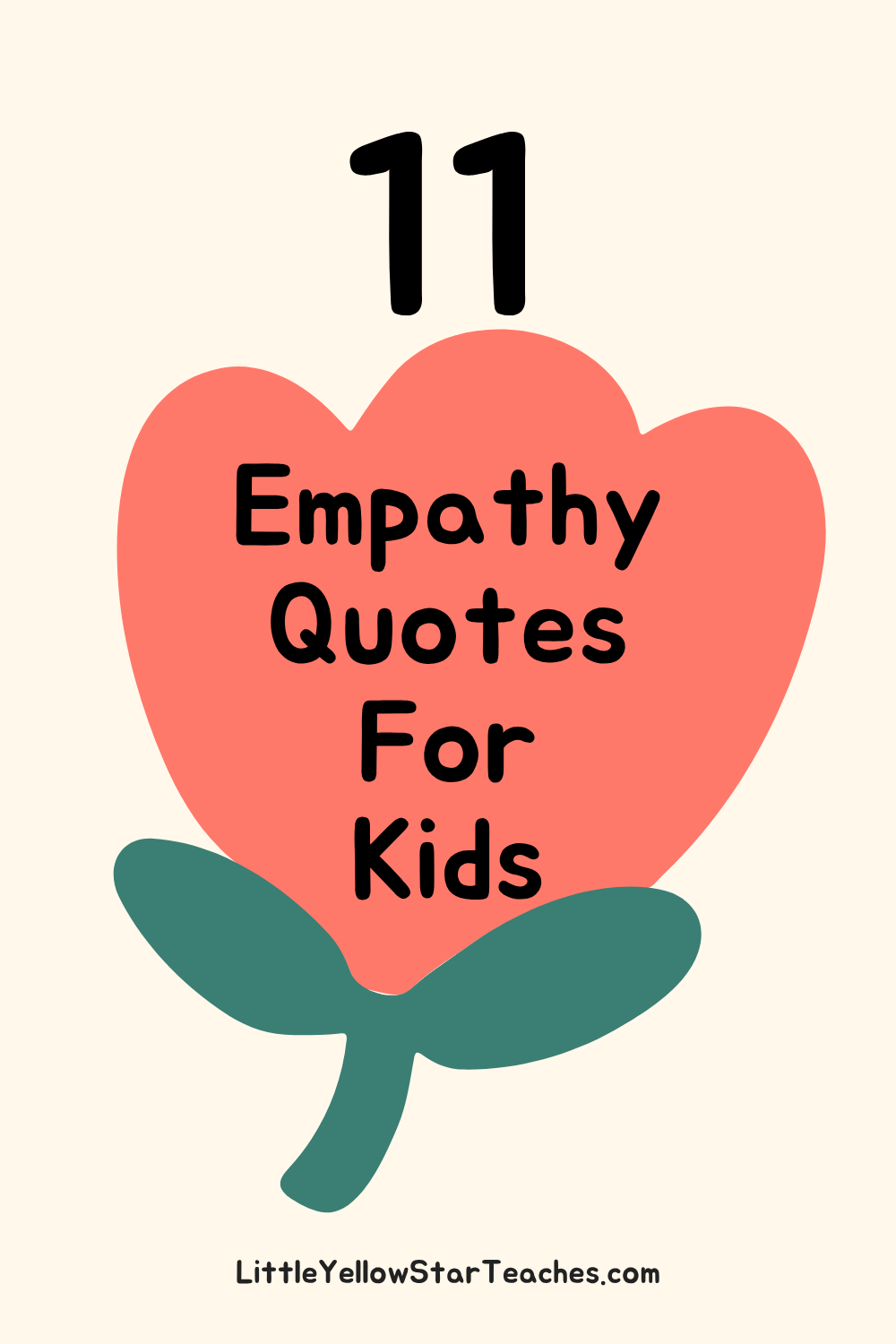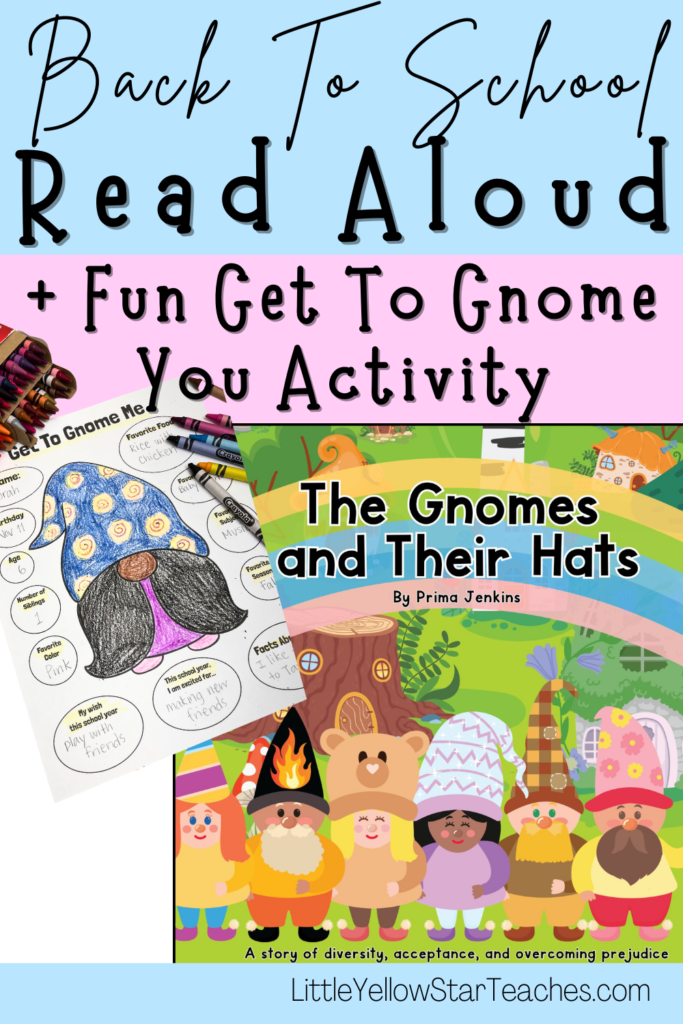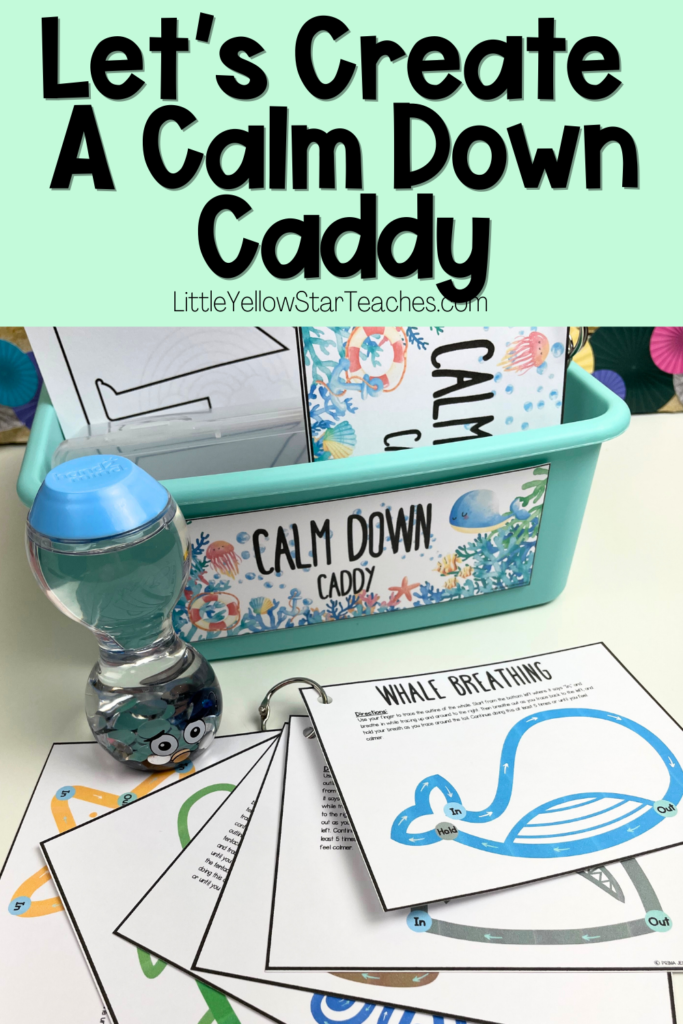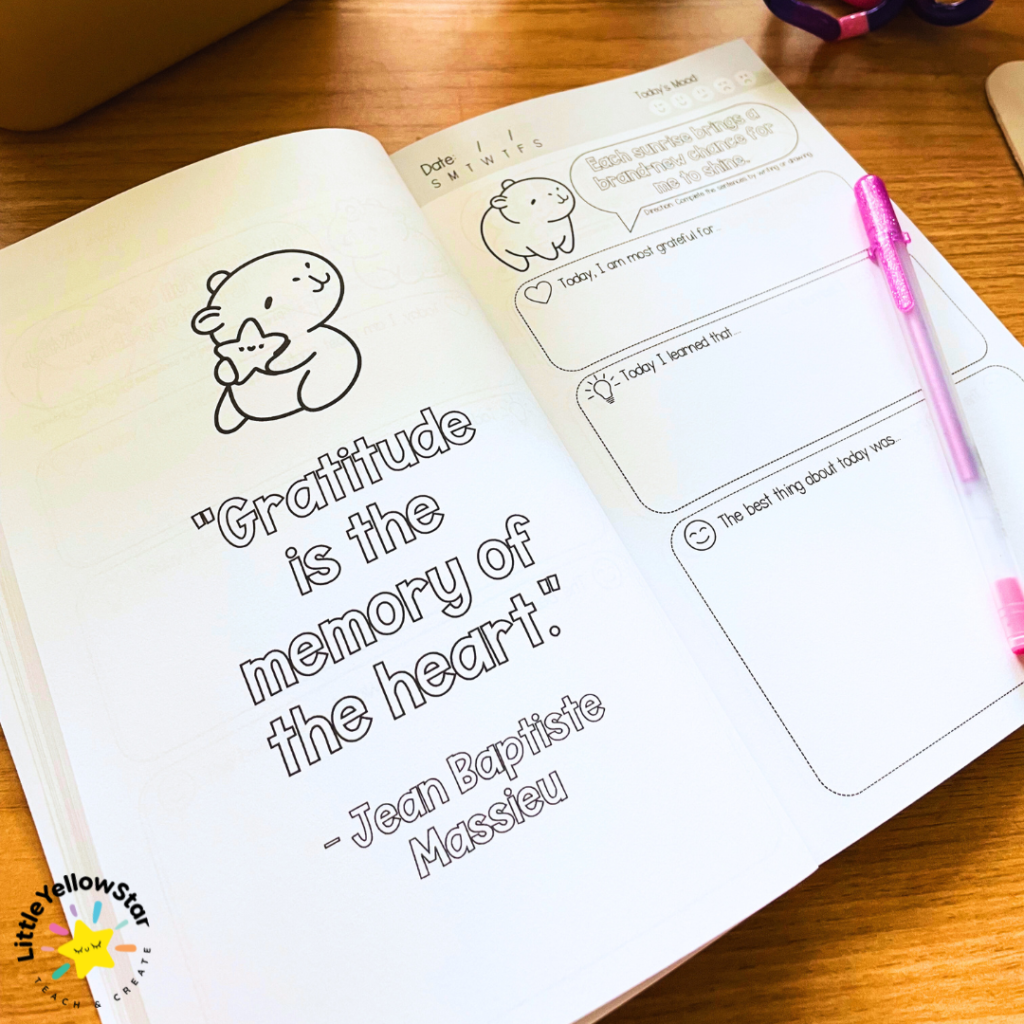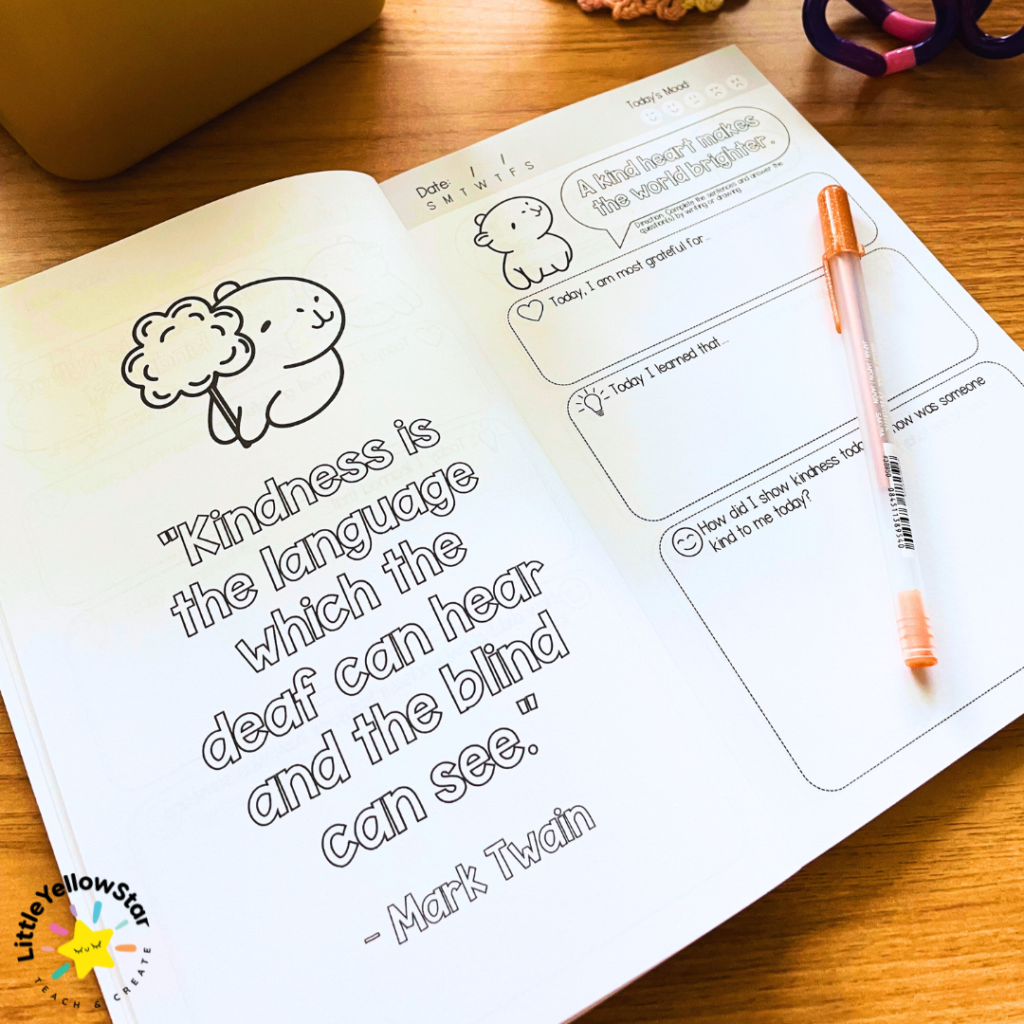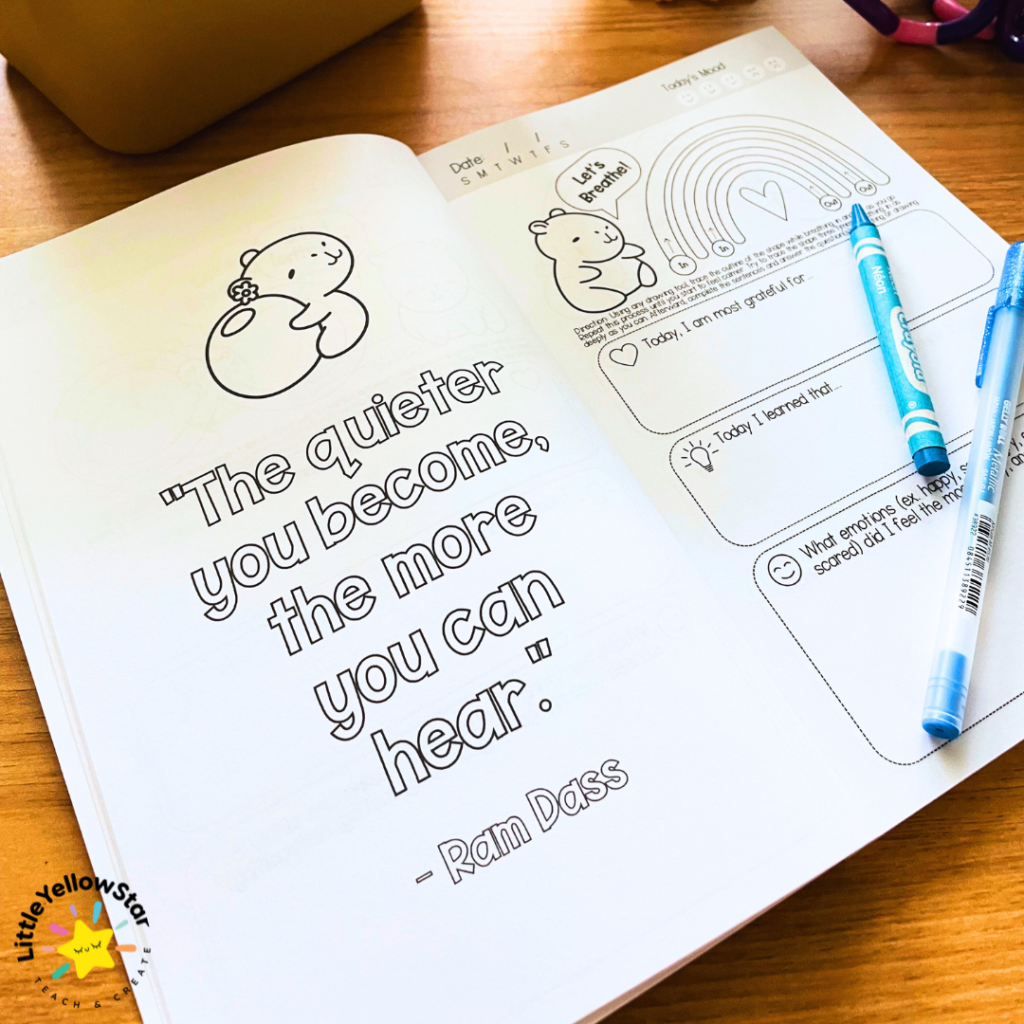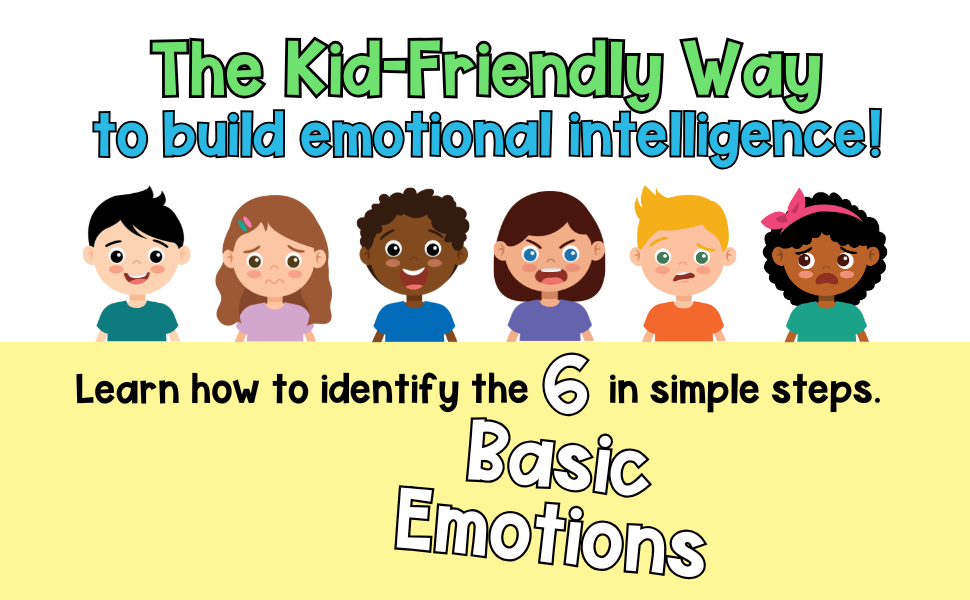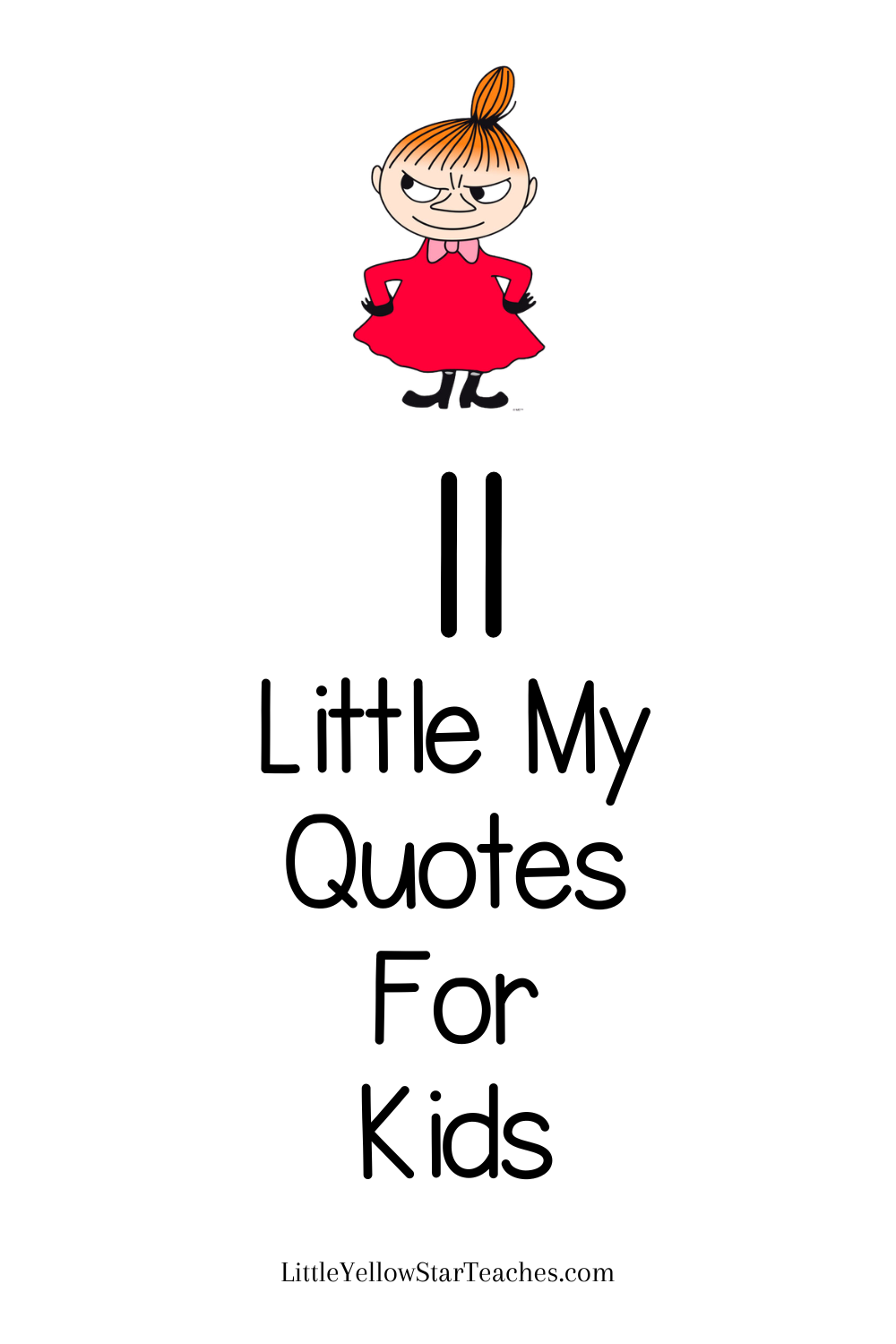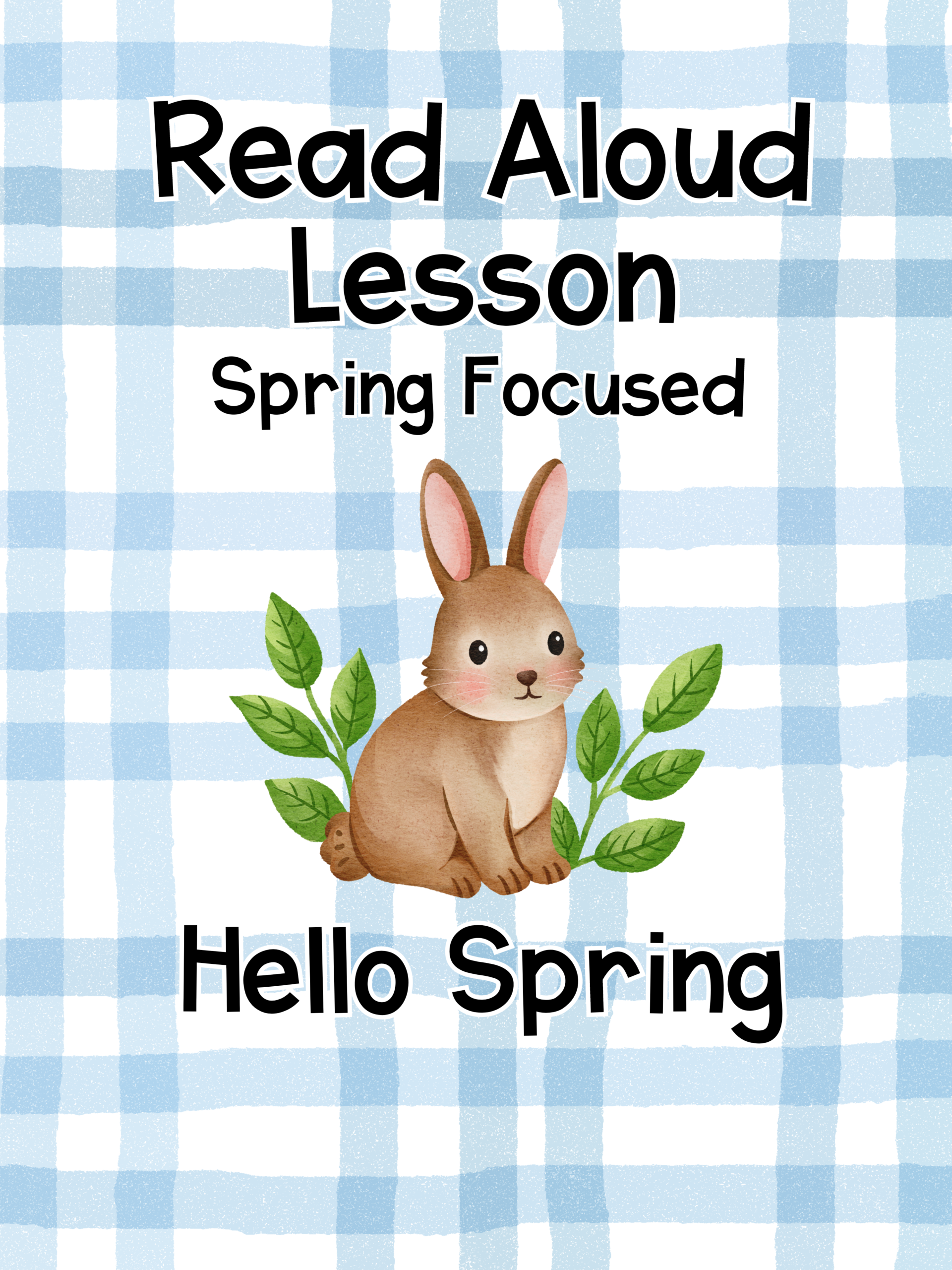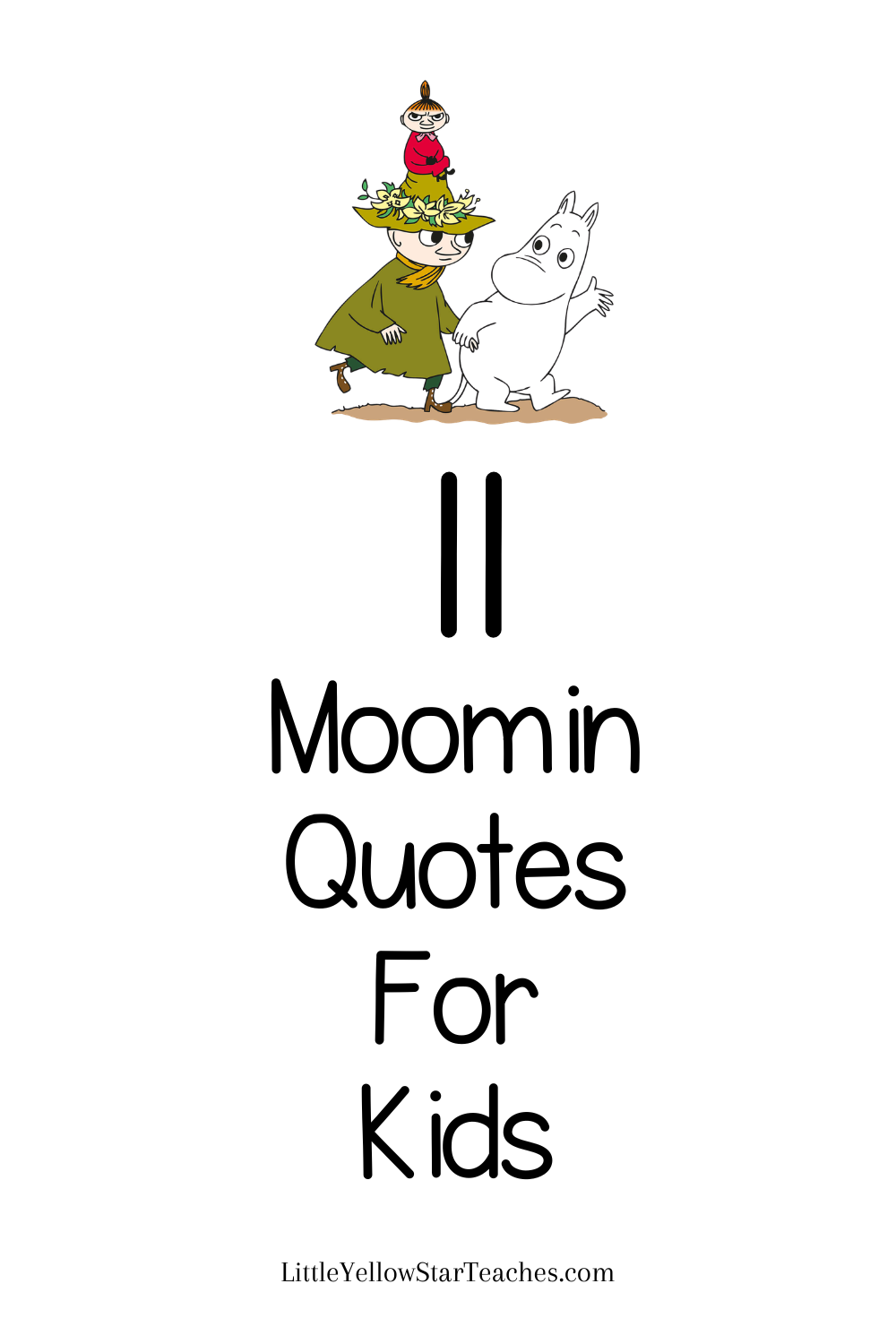Empathy is the ability to understand and share the feelings of others. It is a fundamental value that helps kids build strong relationships, foster kindness, and create a supportive environment for everyone. By teaching kids empathy, we help them develop emotional intelligence and encourage them to treat others with compassion and respect.
In this blog, we share a collection of empathy quotes for kids that inspire children to put themselves in others’ shoes, understand different perspectives, and practice kindness every day. These quotes help kids appreciate the power of empathy and show them how it can positively impact their lives and the world around them.
***Disclosure: This post contains an Amazon affiliate link that at no additional cost to you, I may earn a small commission when you purchase through the link from my blog. Thank you for your support!
Table of Contents
Why Teach Kids About Empathy
Teaching kids empathy helps them develop emotional intelligence, better communication skills, and stronger relationships with others. Empathy encourages kindness, reduces bullying, and fosters a sense of community. When children learn to understand others’ emotions, they become more compassionate, cooperative, and respectful. They also develop problem-solving skills, as they learn to consider different perspectives and work together to find solutions. Ultimately, teaching kids empathy prepares them to navigate complex social situations, contribute to positive communities, and lead with understanding and compassion throughout their lives.
11 Empathy Quotes for Kids

#1 “Empathy is seeing with the eyes of another, listening with the ears of another and feeling with the heart of another.” — Alfred Adler
Empathy means stepping into someone else’s shoes.
It’s about imagining what another person sees, hears, and feels—and caring deeply about it.
Journal Prompt: How can you practice empathy with your friends or family?

#2 “If you judge people, you have no time to love them.” — Mother Teresa
Kindness grows when judgment stops.
Instead of focusing on someone’s flaws, choose to care and understand.
Journal Prompt: What’s a way you can be more accepting of others?

#3 “When you start to develop your powers of empathy and imagination, the whole world opens up to you.” — Susan Sarandon
Empathy helps you understand the world better.
It helps you see beyond yourself and feel connected to more people and stories.
Journal Prompt: What’s something new you learned by listening to someone else’s story?

#4 “You can only understand people if you feel them in yourself.” — John Steinbeck
True understanding comes from shared feelings.
Empathy means feeling with others—not just for them.
Journal Prompt: How does empathy help you be a better friend?

#5 “We have two ears and one mouth so that we can listen twice as much as we speak.” — Epictetus
Listening is an act of empathy.
When you really listen, you show others that their words and feelings matter.
Journal Prompt: How can you be a better listener?

#6 “Empathy is the only human superpower—it can shrink distance…” — Elizabeth Thomas
Empathy connects us, even across differences.
It helps you reach across gaps in understanding and bring people closer.
Journal Prompt: What could you do with your “empathy superpower”?
Check Out Capybara-Theme Daily Reflection Journals For Kids!

#7 “Learning to stand in somebody else’s shoes, to see through their eyes, that’s how peace begins.” — Barack Obama
Peace starts with understanding others.
When we take time to understand, we help build a kinder world.
Journal Prompt: How can empathy help solve problems?

#8 “I believe empathy is the most essential quality of civilization.” — Roger Ebert
Empathy is what holds communities together.
Caring for each other helps homes, schools, and cities thrive.
Journal Prompt: How can empathy make your classroom or home a better place?

#9 “A prerequisite to empathy is simply paying attention to the person in pain.” — Daniel Goleman
Empathy begins with noticing.
You have to see someone’s need before you can help them.
Journal Prompt: When did you notice someone was sad or upset?

#10 “If you see someone without a smile, give them one of yours.” — Dolly Parton
Kindness is contagious.
Sometimes all it takes to lift someone up is a simple act of care.
Journal Prompt: How can you make someone’s day brighter?

#11 “Empathy is choosing to see ourselves in another despite our differences.” — Dr. Vivek Murthy
Empathy bridges differences.
It helps us connect with others even when they don’t look or live like us.
Journal Prompt: How can you find common ground with someone different from you?
Grab these free resources to make your teaching life easier!
Ways to Use These Quotes
- Empathy Journals: After reading a empathy quote for kids, encourage children to keep an empathy journal. They can write or draw about times they showed empathy, such as helping a friend or understanding someone else’s feelings. This helps children reflect on their experiences and recognize the value of empathy in their daily lives.
- Empathy Role-Playing: Share a empathy quote for kids and set up role-playing scenarios where kids practice showing empathy. For example, they can practice comforting a friend who is upset or solving a disagreement by understanding each other’s feelings. This helps kids develop empathy through practice and real-life application.
- Acts of Kindness Challenges: Use a empathy quote for kids to create a daily or weekly challenge where kids engage in acts of kindness to show empathy. For example, they could help someone with a task, listen carefully when someone is talking, or offer words of encouragement to a friend. This encourages kids to put empathy into action.
- Empathy Discussions: Share a empathy quote for kids and start a conversation about how they can practice empathy at school, home, and in their communities. Discuss how understanding others’ feelings and treating people with kindness creates a positive and inclusive environment.
- The Empathy Tree: After reading a empathy quote for kids, create an “Empathy Tree” where kids can add leaves with examples of empathetic actions. This could include things like helping a classmate, sharing with others, or showing kindness to someone in need. The tree serves as a visual reminder of the power of empathy.
- Empathy Practice in Conflict Resolution: Share a empathy quote for kids and teach kids how to practice empathy in conflict resolution. Encourage them to ask questions like, “How do you feel?” and “What can I do to help?” This helps children understand that empathy is a valuable tool in resolving disagreements and building harmonious relationships.
Additional Resources
Empathy Books For Kids
- Early Elementary Children (Ages 3-6)
- Lower Elementary Children (Ages 7-9)
- Upper Elementary Children (Ages 9-11)
Empathy Activities For Kids
- Empathy Mapping: After reading a empathy quote for kids, encourage kids to create an “Empathy Map” where they draw a picture of someone (or a character) and write down what that person might be thinking, feeling, or needing. This activity helps kids practice seeing situations from others’ perspectives.
- Empathy Bingo: Share a empathy quote for kids and create an empathy bingo card where each square represents an act of kindness or empathy, such as “Give someone a compliment,” “Help a friend with a problem,” or “Listen without interrupting.” This activity encourages kids to practice empathy regularly.
- Empathy Role Reversal: After sharing a empathy quote for kids, set up role-playing scenarios where kids “reverse” roles with someone else. For example, they could act out how their sibling feels when they are left out or how a classmate feels when they don’t understand a lesson. This helps children connect with others’ emotions.
- Empathy Letters: Use a empathy quote for kids and encourage kids to write letters to someone they care about, expressing empathy and understanding. For example, they could write a letter to a friend who is feeling sad or a family member who is going through a tough time. This activity encourages emotional expression through kindness.
More Ideas For Parents & Caregivers
- Model Empathy: Share a empathy quote for kids and model empathetic behavior in your daily life. Show your child how you listen to others, show concern for their feelings, and take action to help when needed. Children learn empathy by observing how the adults around them behave.
- Encourage Empathetic Conversations: Use a empathy quote for kids to create regular family discussions about how to be empathetic in different situations. Encourage your child to share when they practiced empathy or when someone showed empathy to them.
- Teach Empathy Through Media: Share a empathy quote for kids and use movies, TV shows, or books to discuss empathy. After watching or reading a story, ask questions like, “How did the character make the other person feel?” or “What could they have done differently to show more empathy?”
What’s Your Favorite Empathy Quote?
Empathy is a powerful tool that helps us understand others, build relationships, and create a compassionate world. The empathy quotes for kids shared today remind us that practicing empathy—whether it’s through kindness, active listening, or helping others—is essential for creating a supportive and caring environment. Let’s continue to teach kids the importance of empathy, helping them develop into kind, compassionate individuals who make a positive impact on others.
What is your favorite Empathy Quote from the post, or do you have another? Share it by tagging me on Instagram @LittleYellowStarTeaches. I would love to see!
Bye for now,
Prima from LittleYellowStar
* * *

